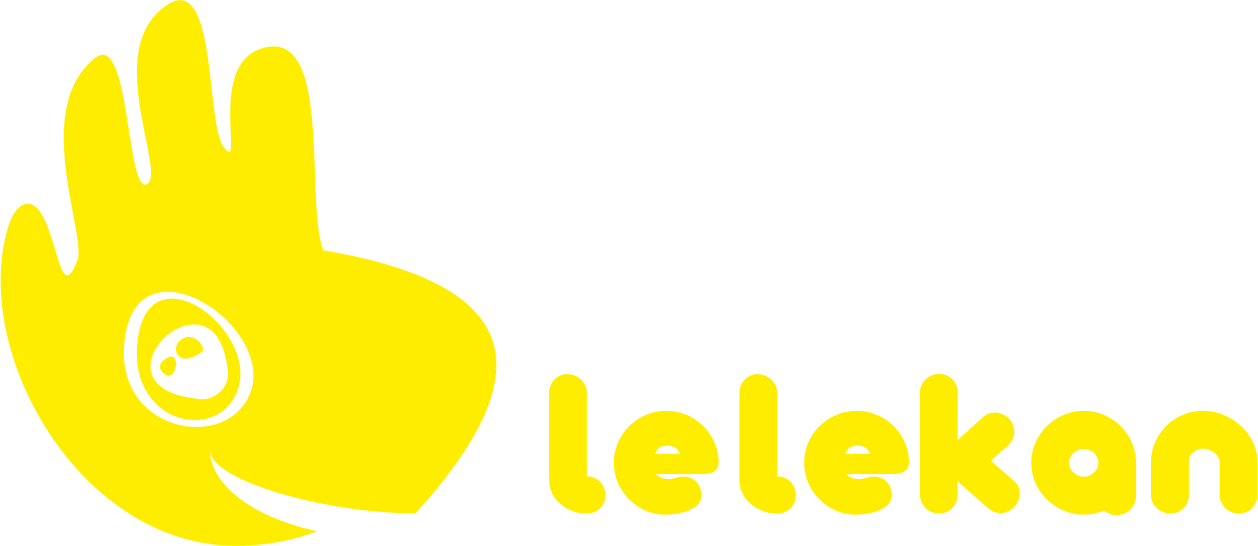Spectral Game Review
Related Products
Spectral is a competitive deductive game, and an unusual one at that. The haunted house you and your companions explore is represented by a 4 x 4 grid of semi-randomized face-down cards, full of gems and curses. You want gems! But beware of curses. You find out where they are by placing any number of explorers between any two rooms and then exploring the contents of one of them.
"Content" is somewhat misleading. The rooms in this house don't tell you what's inside. They tell you about the contents of other rooms. On the face of each card is either a curse or, more likely, a gem and one of four symbols. The symbols indicate where the displayed item is located.
This card, for example, says that the gem is on the opposite side of the grid:

This card tells me that the curse is in a room that is within two spaces, diagonally:

You spend most of the game placing pieces on a grid and gathering information, all the while taking notes in the notebooks provided.
Information is not the only purpose of these components. At the end of the game, when all rooms are revealed and all gems and curses are placed on the field, the gems are distributed among the players using the pieces surrounding that room. Each gem, conveniently enough, is worth 12 points and easily splits into two, three, or four, regardless of the circumstances.

Curses, on the other hand, banish nearby players before the final count. In many cases it is better to find out the location of curses than gems. Precious stones that you can risk, or curses that will not bring any good!
There is an element of betting around the placement of pieces. You can give other players an advantage from a position that seems particularly profitable by placing twice as many pieces in the same position. You can even substitute your own pieces, which represents aspects of bluffing that I adore. If I realize I've put one piece next to a curse, who's to say I can't convince someone else I'm on to something good by replacing it with two or three? One of the biggest challenges of puzzle games is to make them interactive, and Spectral has found just about the best way to do it that I've seen.
Unused pieces also score points at the end of the game, and depending on the number of players, they score quite a bit. You always have the option of giving away your move if you feel it is better to hold your pieces than risk a bad return. You will never have time to explore every room. By the end of the game, you're making tough choices based on opportunities and hunches.

I have nothing but good things to say about Spectral. Designer Ryan Courtney, of Pipeline fame, managed to combine the trade-offs of territory control and auction games with an engaging puzzle game, all in about thirty minutes. Spectral is smart, interactive, easy to learn and fun. Also, the final reveal of all the rooms provides a nice dramatic moment.
Spectral is one of the first two releases in a new series from publisher Bitewing Games, Deep Clean. The idea behind the series is to combine complex game states and inherent gameplay with simplified rulesets. They speak my language. That's all I want. Spectral is a very good start.
Oh, and to top it all off, the game comes in a pretty small box. You know, maybe 4.5/5 is too little. We may have finally done it. Maybe this is the perfect game.



